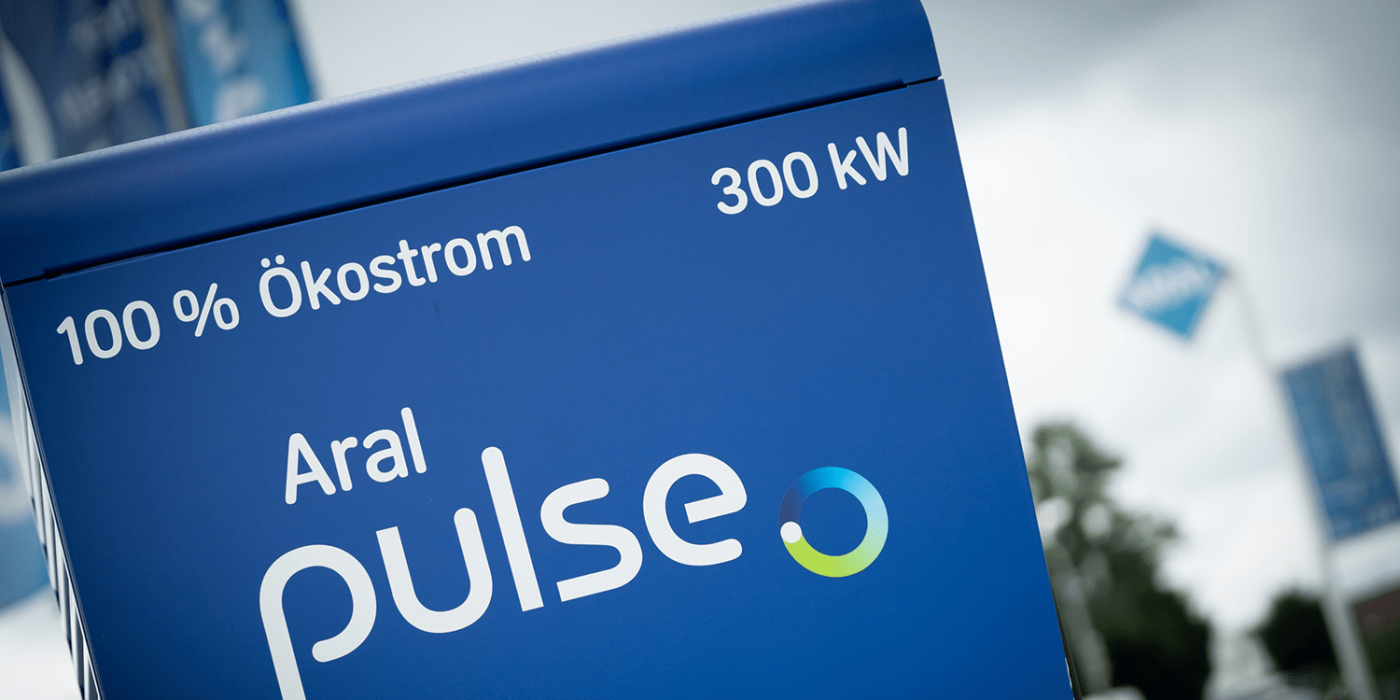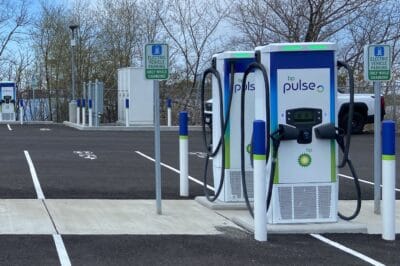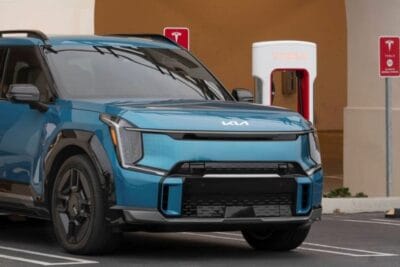BP aims for 20,000 HPCs in Germany by 2030
Aral is to have built a total of up to 20,000 ultra-fast charging points in Germany by 2030. This announcement is part of a 10 billion euro investment package by parent company British Petroleum for Germany by the end of this decade.
With more than 1,700 charging points for cars, BP is operating one of the largest High Power Charging (HPC) networks in Germany under the Aral Pulse brand. By the end of 2023, Aral aims to have reached 3,000 HPC charging points. Up to now, targets further in the future have been formulated rather vaguely. This is now changing. As BP announces, the Aral Pulse network is to grow to 5,000 charging points with at least 150 kW by 2025 and up to 20,000 charging points by 2030. By way of comparison, EnBW had already recently announced its intention to expand its HPC network in Germany to around 30,000 fast charging points by 2030.
With regard to the chargers planned for this year, Aral Pulse recently emphasised that they will be located “at petrol stations and busy locations such as supermarkets and restaurants” as before. It is highly likely that this will also apply to the fast chargers planned beyond this year. Aral itself currently operates around 2,400 petrol stations in Germany.
However, the targets now set for 2025 and 2030 presuppose that “the authorities will further accelerate the pace of approval and grid access”, according to company statements. According to BP, there are also plans to offer charging solutions specially developed for electric trucks as well as other lower CO2 energies to power vehicles. For example, a network of lower-CO2 mobility hubs for medium- and heavy-duty transport is to be developed.
“Germany is a core market for BP and an example of how we put our ‘And, not or!” approach into action. We are increasing our investments in Germany to offer more low-carbon energy and products that our customers want[…],” expressed Patrick Wendeler, CEO of BP Europa SE.
Basically, BP wants to use the 10 billion euro initiative to “drive forward its transformation into an integrated energy company in Germany”. To this end, the group’s main business areas – the production and sale of refinery products – are to be supplemented by growing business areas with lower CO2 emissions. In addition to the expansion of the HPC infrastructure, BP understands this to include the further development of plans for the production and transport of hydrogen, the development of offshore wind projects, investments in the production of biofuels and more sustainable aviation fuel.
bp.com (in German)





0 Comments